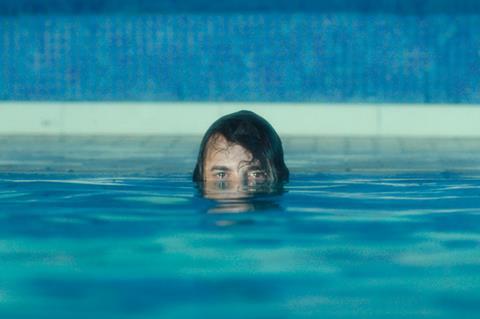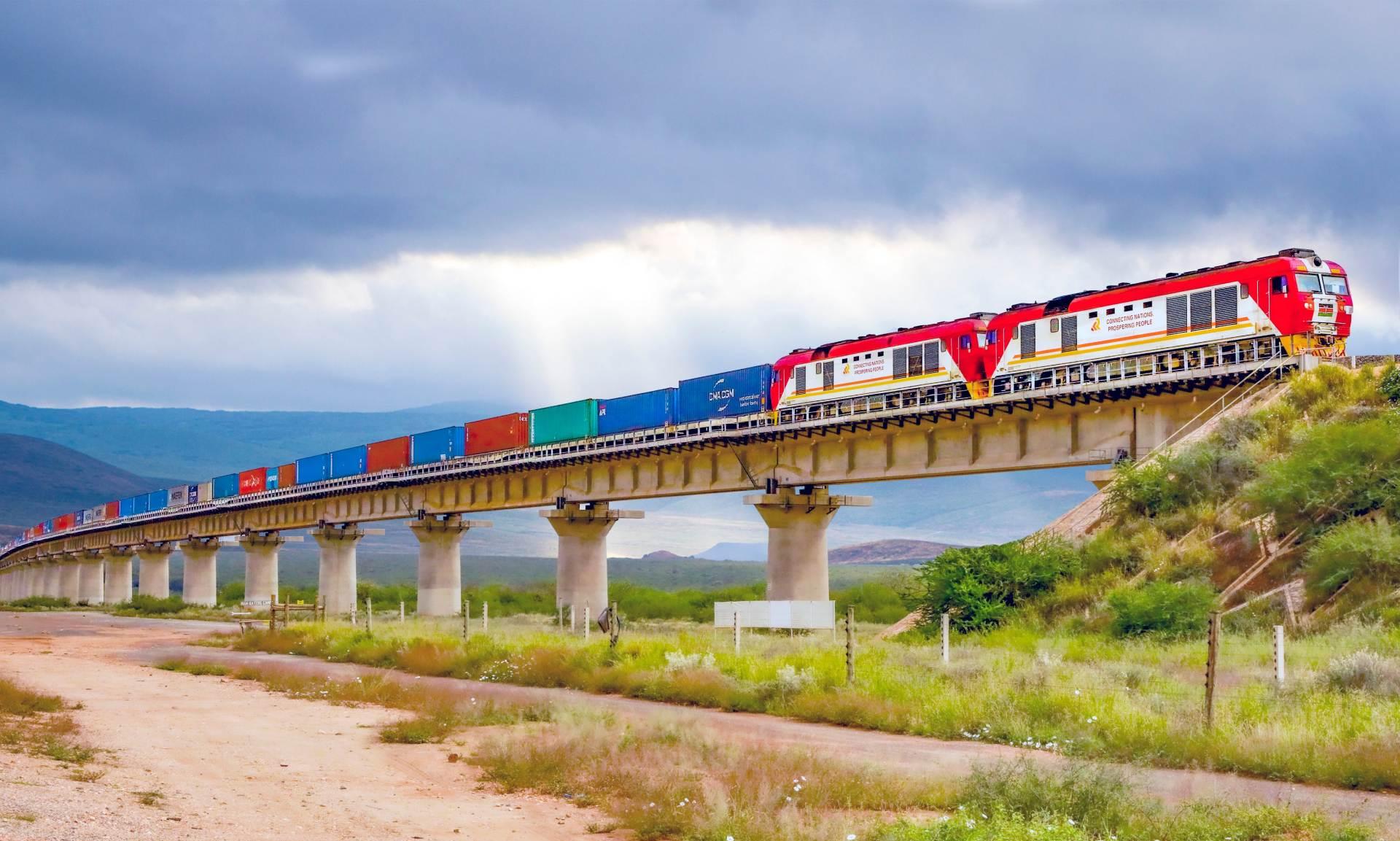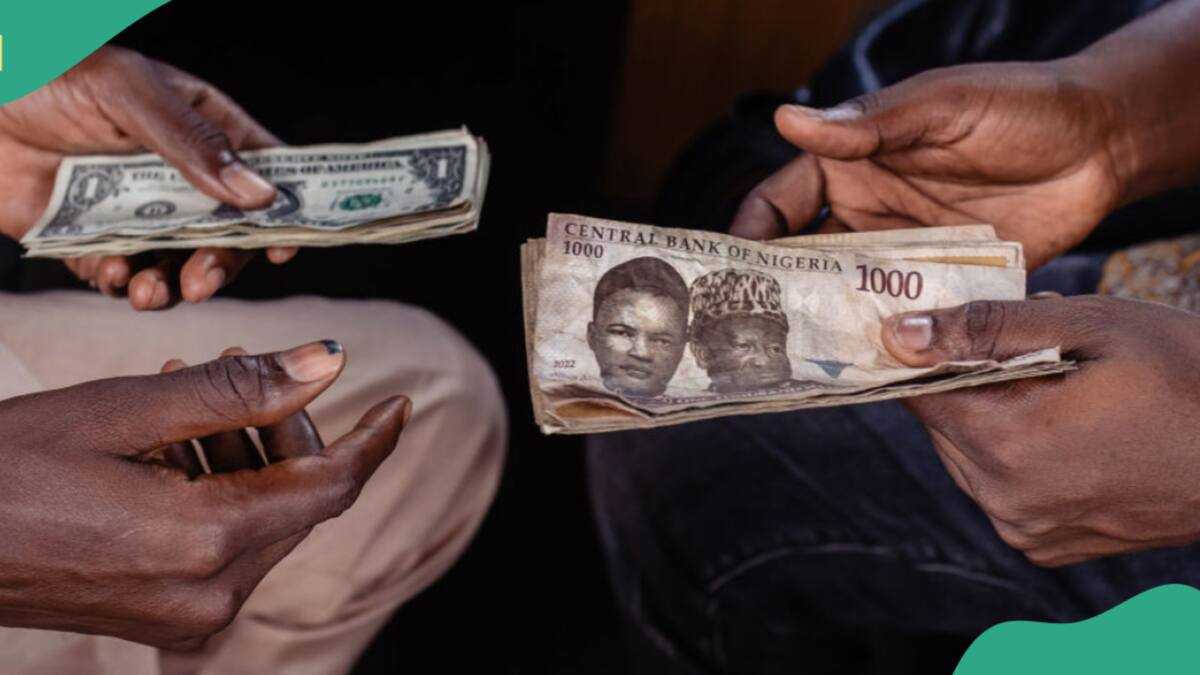Moroccan film industry's "vibrant female presence" helps strengthen its international outlook | Features | Screen

“There is a vibrant female presence in the Moroccan film industry now, with films from several women directors due out this year,” says Hédi Zardi, head of the Atlas Workshops, the industry and talent-development programme founded by Marrakech International Film Festival.
Moroccan filmmakers face similar challenges to those in other territories, says Zardi, namely securing distribution and “balancing the success of nationally oriented productions aimed at local markets with films that have more international potential”.
According to renowned French Moroccan director and producer Nabil Ayouch — who is soon to make his first French-language film that will star Virginie Efira and Maryam Touzani — Moroccan filmmakers are finding more and different ways to make their films.
“We have found that international co-production is the best way to protect our freedom of speech and what we want to express and show in our films,” says the Casablanca-based filmmaker, who divides his time between his Ali n’ Productions outfit in Casablanca and Les Films du Nouveau Monde in Paris.
“We are, of course, co-producing movies in Morocco but my last film, Everybody Loves Touda, had co-production partners from France, Belgium, the Netherlands, Denmark and Norway.”
Among the initiatives at Cannes aimed at helping Moroccan filmmakers find partners is a co-production workshop organised by the Moroccan Cinema Center (CCM) and France’s CNC. It is geared to accredited French professionals and select Moroccan filmmakers, which include director Jihane Joypaul, actor/director Mohcine Nadifi and VFX artist Khalid Nait-Zlay.
Morocco will also be represented on the Croisette by Randa Maroufi’s short L’Mina, screening in Critics’ Week, author Leïla Slimani on the Competition jury, and Moroccan film critic and Marrakech International Film Festival programmer Jihane Bougrine on the Critics’ Week jury.
Meanwhile, there have been significant recent developments in Morocco’s exhibition infrastructure aimed at making its modern, state-of-the-art cinemas more accessible to audiences around the country. Local movie chain Cinerji opened its first boutique-style, five-screen complex in Casablanca suburb Bouskoura in April, while the Pathé group is partnering with Moroccan retail giant Marjane Group on a network of cinemas that will roll out across Morocco’s major cities.
Tala HadidFor the docu-drama hybrid Bardi, Moroccan Iraqi filmmaker and photographer Hadid embedded with a fraternity of horse riders over three years as they crossed Morocco to show off their equestrian skills. “The people are real, the story is real and in the meeting place between the riders, the camera lens and me, the film was born,” she says of the style.
Now in the edit suite, Bardi was shot in central Morocco and Greece, and is expected to be completed in early 2026. Hadid has produced the film with Abdelmonime El Jarib for Morocco’s Kairoi Films and K Films, and France’s Ciné-Sud. The US’s Louverture Films is on board as an executive producer. Hadid’s previous work includes 2014 feature The Narrow Frame Of Midnight, which had its world premiere at Toronto International Film Festival, and House In The Fields, which screened in the Berlinale’s Forum section in 2017.
Joslyn Barnes, Louverture Films
Meryem Benm’Barek-AloïsiBenm’Barek-Aloïsi, whose debut Sofia was named best screenplay in Un Certain Regard in 2018, is in post-production on her second film Behind The Palm Trees. Filmed in Tangier late last year, Sara Giraudeau, Driss Ramdi and Carole Bouquet star in what is described as a psychological drama about a love triangle, with socio-political undertones that explore the complicated historical relationship between France and Morocco.
It is produced by frequent Bruno Dumont collaborator Jean Bréhat for France’s Tessalit Productions and Furyo Films, along with Morocco’s Agora Films.
Emma Binet, Furyo Films
Maryam TouzaniCalle Malaga is the latest project from Touzani, whose previous films Adam and The Blue Caftan were Morocco’s best international film entries to the Oscars in 2020 and 2023 respectively, with the latter making the shortlist.
Produced by Nabil Ayouch’s Morocco-based Ali n’ Productions, with co-production partners in France (Ayouch’s own Les Films du Nouveau Monde), Spain (Mod Producciones), Germany (One Two Films) and Belgium (Velvet Films), the film stars Spain’s Carmen Maura as a woman fighting to keep the home in Morocco where she was born after her daughter decides to sell it.
During the process, she “discovers romance, proving there is no age limit to love and sexuality”, says Ayouch.
Shot in Tangier in the Spanish language with some Arabic, Calle Malaga wrapped at the end of January, with post-production taking place in France, Morocco and Spain for delivery at the end of July. Paris-based Films Boutique is handling international sales.
Julien Razafindranaly, Films Boutique
Asmae El MoudirEl Moudir’s hybrid doc The Mother Of All Lies won the best director award in 2023 in Un Certain Regard and was shortlisted for best international feature film at the Oscars. Now she is developing her feature film debut. Holy Cow is an unconventional comedy about a truck driver who triggers a diplomatic crisis in which justice proves elusive.
The project, which El Moudir worked on through Cannes’ La Residence development programme, received awards at the Red Sea Souk in Jeddah in 2024 and funding from Morocco’s CCM. El Moudir will co-produce through her Moroccan company Insight Films and is in Cannes to meet sales agents and lead producers.
Asmae El Moudir, Insight Films
Inspired by real events, Marrakchi’s third feature tells the story of a young mother from Morocco whose idealised view of the life of a strawberry picker in Spain is derailed by harsh reality.
Marrakchi’s previous films are Marock, which screened in Un Certain Regard in 2005, and Rock The Casbah in 2013. La Más Dulce, which she co-wrote with Delphine Agut, marks the director’s return to film-making after a successful run in television.
The France-Morocco-Spain-Belgium co-production is produced by Lumen Films’ Juliette Schrameck, with Mont Fleuri Production’s Saïd Hamich Benlarbi as the Moroccan co-producer.
Juliette Schrameck, Lumen Films +33 (1) 49 70 03 70

Hicham LasriThank You Satan, previously known as Happy Lovers, is Lasri’s eighth film but his first in French. He started out as a writer for Ali n’ Productions before directing his own films, which he describes as irreverent and poignant, including, “science-fiction films at a time when Moroccan society did not understand the codes of these fantasy genres”.
Produced by Lamia Chraïbi, Thank You Satan will be ready by the end of this year. Lasri describes it as “a funny, offbeat, irreverent, punk film noir on the serious subject of a fatwa, seen from the perspective of a non-Muslim”.
He adds that the irony of making a French-language film shot entirely in Morocco, which felt like a “fake French film”, was not lost on him. The film has no international funding, says Lasri, because of his “unique treatment of the issue of Islamist violence”.
Lamia Chraïbi, LaProd
Sofia AlaouiDue to shoot in November 2025, Tarfaya is French Moroccan writer/director Alaoui’s follow-up to her 2023 Sundance-winning feature Animalia. Alaoui never strays far from sci-fi and Tarfaya promises to remain on that same course. Set in a dystopian near future when Morocco’s coast is battered by incessant sandstorms, the film follows a nurse on a quest to find out why her patients are falling into mysterious, deep sleeps.
Alaoui will be pitching her project at the CNC Pavilion as part of this year’s Cannes Residency.
Contact: Sofia Alaoui, Jiango Films [email protected]








